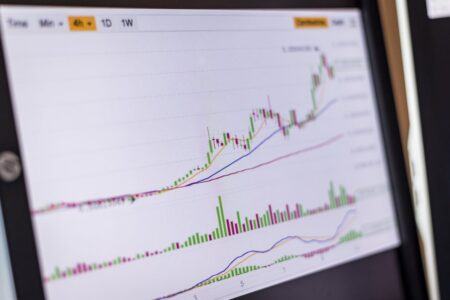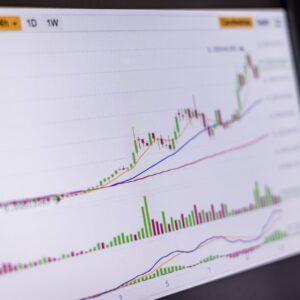Japan’s financial regulator, the Financial Services Agency (FSA), is reportedly planning to closely monitor cryptocurrency transactions due to heightened concerns regarding their use in financing illicit activities.
According to the Nikkei Asian Review, the FSA is “stepping up its countermeasures” in order to prevent money laundering. The countermeasures include conducting more extensive inspections of the operations of local cryptoasset exchanges.
Intergovernmental Body To Monitor FSA’s Progress
As confirmed by local sources, a Japanese intergovernmental body will be inspecting the FSA’s ongoing efforts and overall progress made in preventing or reducing money laundering activities in the $5 trillion economy. Financial crimes involving cryptocurrencies will also be discussed during the upcoming G-20 meeting.
At present, the FSA is inspecting the business operations of local exchanges, in order to ensure that they’re adhering to appropriate know-your-customer (KYC) and anti-money laundering (AML) policies. The Japanese regulatory authority is also looking more closely into the day-to-day operations of traditional financial institutions to ensure they’re complying with the relevant guidelines.
$571 Million In Crypto Allegedly Stolen From Asian Exchanges
In March 2019, the UN Security Council received reports from cybersecurity professionals which revealed that North Korea had allegedly orchestrated various cyberattacks in order to steal large amounts of cryptocurrency.
The security reports revealed that Asian (including Japanese) digital asset exchanges lost as much as $571 million in cryptocurrency due to at least five different large-scale security breaches. Cybersecurity researchers believes the hacks were carried out by malicious actors based in North Korea.
Evading Sanctions By Using Cryptocurrencies
In statements shared with the UN Security Council (in March 2019), the panel of internet security experts noted:
Cyberattacks involving cryptocurrencies provide the Democratic People's Republic of Korea with more ways to evade sanctions given that they are harder to trace, can be laundered many times and are independent from government regulation.
In April 2017, Japan became the world’s first country to propose a new type of registration system for digital asset exchanges. Prior to its introduction, there were no clear set of laws or guidelines that crypto trading platforms were required to follow.
In late January 2018, Japanese crypto exchange Coincheck was hacked and over $500 million worth of NEM (XEM) tokens were stolen. Due to the damaging security breach, Coincheck’s operations were severely affected as it was forced to suspend trading on its platform for several months. Although Coincheck went through an acquisition and various measures were taken to improve its security, the exchange has not managed to fully recover from the incident.








